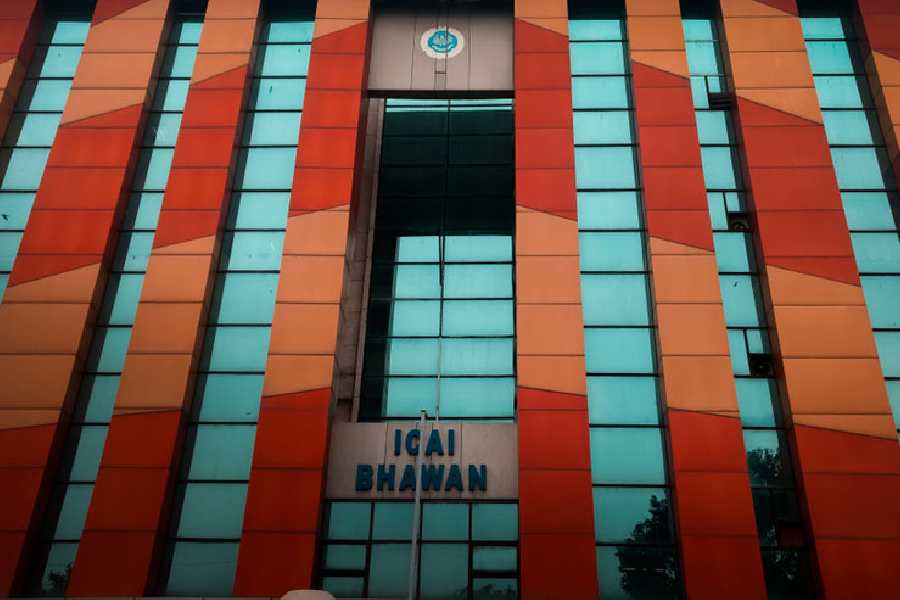The National Financial Reporting Authority (NFRA) board has proposed revisions to auditing standards SA 600 and SA 299, overriding objections from the representatives of the Institute of Chartered Accountants of India (ICAI).
The new standards will be effective from April 1, 2026, subject to the approval of the corporate affairs ministry.
The NFRA board has recommended revising SA 600, which addresses group company audits, along with three other standards.
The Institute of Chartered Accountants of India (ICAI) has opposed revising SA 600, a standard for audit of companies with subsidiaries and associates.
According to the CA body, the changes could adversely impact small and medium-sized CA firms. They could lead to the concentration of audits in the hands of a few large firms and would be detrimental to the competitiveness and diversity of the auditing profession in India.
The SA 600 aligns with the International Standard on Auditing (ISA) 600. The revised standard places full responsibility for the group’s entire financial statements on the group auditor, which the ICAI argued is impractical in India’s complex audit landscape.
The ICAI believes the existing SA 600 standard is sufficient with only minor updates and cautions that aligning with the international standard may overlook local conditions and potentially overburden auditors.
Besides SA 600, the ICAI raised concerns over SA 299, which governs joint audits and shifts from ICAI’s model of divided responsibilities among joint auditors to one that emphasises shared responsibility and mandatory cross-review of each auditor’s work.
This change could lead to unnecessary duplication of work and increased costs, particularly in complex joint audits, the ICAI said.
Before adopting SA 299, the NFRA needs to have a public consultation process, allowing stakeholders to review and respond to the substantial changes, as is common practice in standard-setting globally.
Objections also came up over a proposal to update the Standard on Quality Control (SQC1) to Standards on Quality Management (SQM 1 and SQM 2).
The NFRA has also recommended changes to three other standards: SA 800 for audits under special-purpose frameworks; SA 805 for audits of single financial statements or specific elements; and SA 810 for engagements on summary financial statements. The ICAI members have, reportedly, not agreed to these proposals either.
The NFRA defended its proposed revisions to SA 600, pointing to past cases of deficient group audit quality and auditor negligence, such as the Satyam Computers scandal, which led to the establishment of an independent audit regulator.
In Satyam, the ICAI could only sanction individual auditors, not audit firms. The Companies Act 2013 subsequently mandated NFRA’s oversight and approval of auditing standards before government notification, superseding ICAI’s previous role.
The NFRA argued the changes are essential to counter corporate fraud and audit failures and enhance accountability in group audits.











